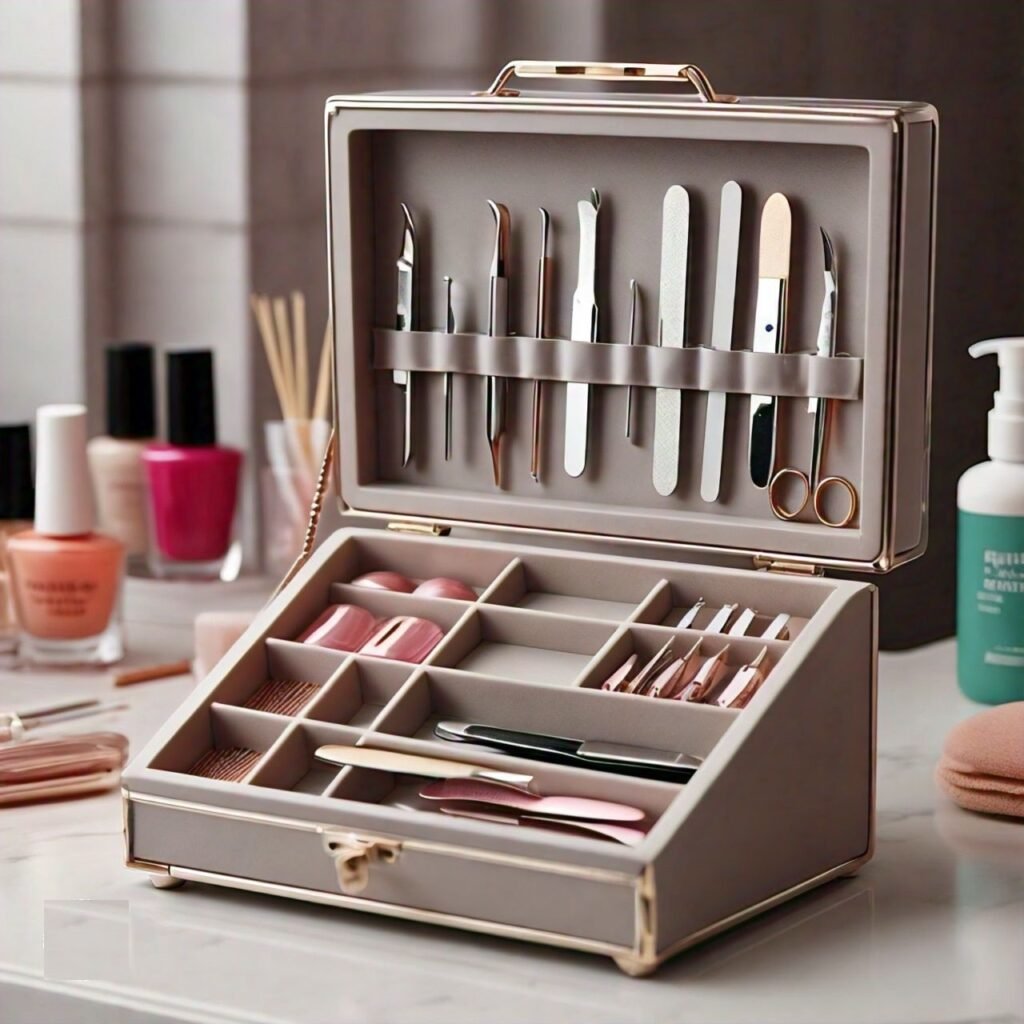Congratulations on becoming a parent! It’s an exciting and overwhelming time filled with joy, wonder, and maybe a few sleepless nights. But fear not, new parents! While there’s no one-size-fits-all approach, mastering a few key baby care skills will make those first few months smoother for you and your little one.
In this post, we’ll delve into 10 essential baby care skills that every new parent should learn. These are foundational techniques that will equip you to confidently care for your newborn and build a strong bond.
1. Holding Your Baby with Confidence

Newborns may seem fragile, but they’re actually quite resilient. Learning how to properly hold and support your baby is crucial for their comfort and safety. Here are some key points to remember:
- Always cradle the head and neck. This is especially important for newborns whose head is still developing.
- Support their body. Whether you’re holding them upright or laying them down, ensure their back and neck are well-supported.
- Bring the baby close. Skin-to-skin contact is calming for newborns and promotes bonding.
2. Diaper Duty: A Masterclass
Diaper changes are a frequent part of a newborn’s life, and mastering this skill will save you time and frustration. Here’s a quick guide:
- Gather your supplies. Have clean diapers, wipes, diaper rash cream (if needed), and a changing pad readily available.
- Gently remove the soiled diaper. Wipe from front to back, especially for girls, to prevent infections.
- Clean the baby’s bottom thoroughly. Use warm water and gentle wipes. Pat the area dry.
- Apply diaper rash cream (if needed).
- Fasten the new diaper snugly but comfortably.
3. The Art of the Swaddle

Swaddling, the practice of wrapping a baby snugly in a blanket, mimics the feeling of being in the womb and can be incredibly calming for newborns. It helps prevent them from startling themselves awake and promotes better sleep. There are different swaddling techniques, so find one that works best for you and your baby.
4. Feeding Fundamentals
Whether you choose breastfeeding, bottle-feeding, or a combination of both, learning proper feeding techniques is essential for your baby’s well-being. Here are some general tips:
- Breastfeeding: Find a comfortable position that allows for good latching. Pay attention to hunger cues like rooting and sucking sounds.
- Bottle-feeding: Hold the baby in a semi-upright position and pace the feeding to avoid overfeeding.
- Burping: Burp your baby frequently during and after feedings to release trapped air.
5. Sleep Like a Baby (Well, Maybe Not Yet!)
Newborns don’t come with built-in sleep schedules, but establishing healthy sleep habits early on can make a big difference. Here are some tips:
- Create a relaxing bedtime routine. This could include a warm bath, a gentle massage, and quiet singing.
- Put your baby down drowsy but awake. This helps them learn to fall asleep on their own.
- Swaddling can also promote better sleep for newborns.
6. Bath Time Basics
Bath time can be a fun and bonding experience for both you and your baby. Here’s how to make it a success:
- Gather your supplies. Have a baby bathtub, gentle baby shampoo, soft washcloths, and warm towels ready.
- Support your baby’s head and neck throughout the bath.
- Use warm water and gentle products.
- Keep bath time short and sweet.
7. Decoding Baby Cries
Crying is a baby’s only way to communicate their needs. While it might sound like a foreign language at first, you’ll soon learn to decipher different cries that could mean hunger, tiredness, discomfort, or a need for a change. With time and patience, you’ll become an expert at understanding your baby’s unique cries.
8. Tummy Time Power

Don’t underestimate tummy time! Placing your baby on their belly for play is a powerhouse for early development. Here’s why:
- Strong Start: Tummy time builds core muscles needed for rolling, crawling, and sitting.
- Brain Boost: It stimulates the balance system, setting the stage for future learning.
- Round Head Shape: Tummy time helps prevent flat head syndrome.
- Exploration Time: Babies see the world from a new angle, encouraging hand-eye coordination.
Make it Fun! Start with short sessions, use colorful toys, and interact with your baby.
Tummy time is a simple yet powerful way to give your baby a head start on a healthy journey!
9. Baby CPR: Be Prepared for Anything
Learning infant CPR is an essential skill that could save your baby’s life in an emergency. Many hospitals and community centers offer CPR classes specifically designed for parents. Invest the time in taking a class; the knowledge and confidence you gain will be invaluable.
10. Building a Support System and Prioritizing Self-Care
Newborn care is a collaborative effort. Don’t hesitate to seek support from your partner, family, friends, or pediatrician. A robust support network provides invaluable guidance and fosters a sense of shared responsibility. Consider joining a new parent support group to connect with others on the same journey, or ask a trusted friend or family member to help with errands or household chores.
Prioritizing self-care for sustainable well-being is equally important. Newborn care can be physically and emotionally demanding. Prioritizing sleep, healthy meals, and delegating household tasks helps maintain physical and emotional well-being, enabling parents to provide optimal care for their child. Establish a sleep schedule that works for you, even if it means unconventional naps. Eat nutritious meals to maintain your energy levels, and don’t be afraid to ask for help with housework.




